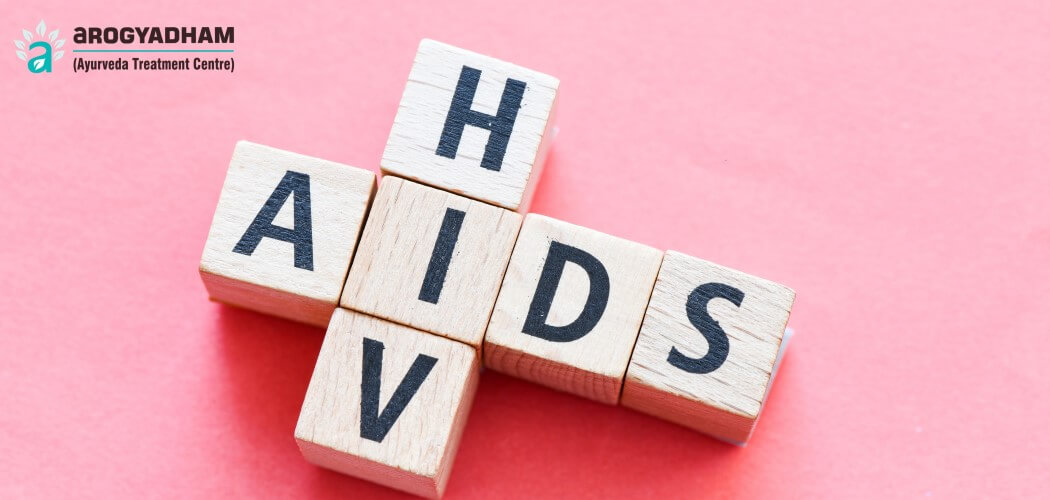Human Immunodeficiency Virus, also known as HIV, causes HIV infection, which leads to Acquired Immune Deficiency Syndrome ( AIDS). It attacks the immune system and turns its weak. Due to which the immune system fails to fight against the virus, and it causes the infection to spread. In the case of the worst scenario, it can also lead to the risk of cancer.
There are no age factors, but certain groups have more chances of HIV than other people. It includes people in the medical profession, sexually more active, LGBT, etc. The causes of HIV can be sharing sex toys, unprotected sex, using the same needles and breastfeeding. The person who is suffering from HIV experiences symptoms based on different stages. There are three stages divided, i.e. Acute HIV, Symptomatic HIV infection and Progression to AIDS.
In acute HIV, the patient has symptoms like fatigue, sore throat, painful joints, fever, headache and body rashes. The second stage includes weight loss, oral thrush, enlarged lymph nodes, and diarrhea. In the third stage, the patient suffers through night sweats, life-threatening disorders, white spots on the tongue, and recurrent infections.
HIV counselling helps in understanding the issue better and breaking the fear through open discussions that people face. It helps in building confidence and healthy mentally to fight against HIV. Counselling also helps people to understand the prevention and dealing with HIV. If you are going through the same symptoms, you must consult with Dr Rakesh Agrawal. The doctors help to find out the best solution.
Related Blogs
Your Path to Recovery: Best Alcohol Treatment and Rehabilitation Centre In India
Welcome to Arogyadham Health and Treatment Center, where hope meets healing on the journey to sobriety. Our centre is located amidst serene surroundings and serves as a beacon of hope for individuals struggling with alcohol addiction. At Arogyadham, we understand the...
Discover the Secret to Beautiful Hair with Arogyadham’s 100ml Kesh Rakshak Hair Oil.
Welcome to the world of Arogyadham - a place where the ancient wisdom of Ayurveda is combined with modern hair care innovation to bring you the best in natural hair care. We are thrilled to present our latest offering - the 100ml Kesh Rakshak Hair Oil - a...
Experience radiant health with Arogyadham’s 500ml Nari Saundarya Rakshak Syrup
In a fast-paced world where women's health and beauty are constantly challenged, it's crucial to have a tonic that can withstand the test of time. Arogyadham, with a rich history in Ayurveda that spans over a century, brings you a product that captures the true...




